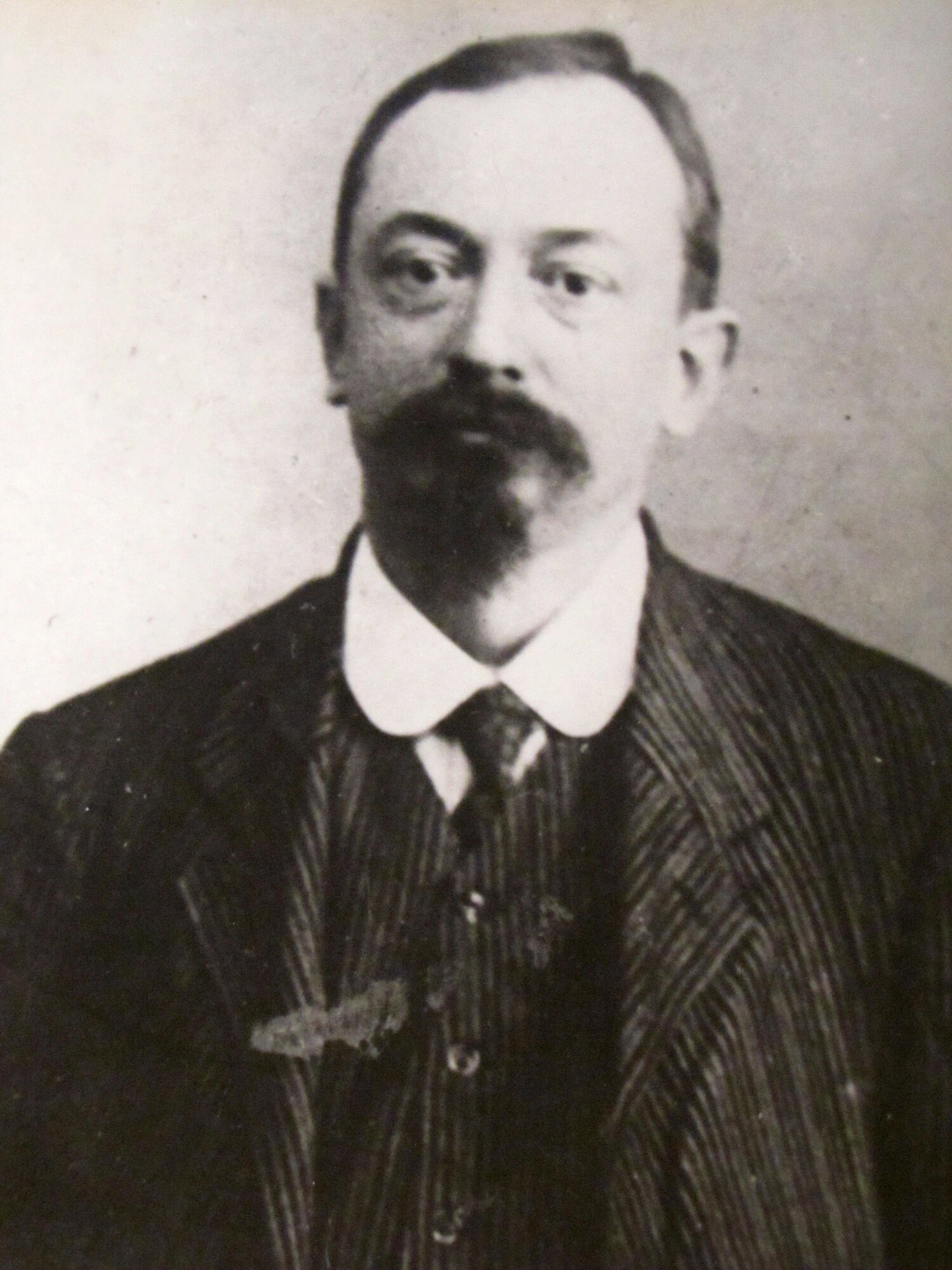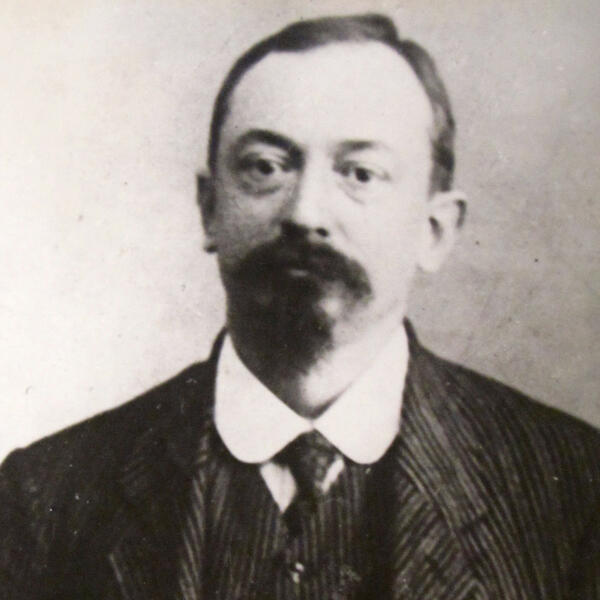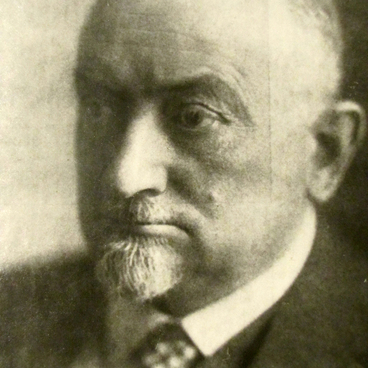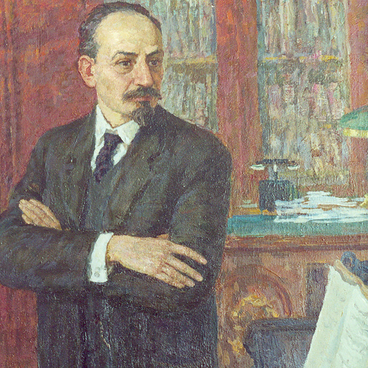Georgy Chicherin had to travel to many countries for party reasons. Abroad, he established extensive personal contacts with representatives of the Russian political emigration and the leaders of the socialist parties in most European states. In 1904, he left for Germany, from there he moved to France.
In Paris, Chicherin became actively involved in the work of the French Socialist Party and established friendly relations with Parisian workers. The socialists of the 14th district were accustomed to the fact that the Russian revolutionary was often present at their weekly meetings.
If there was free place in the hall, Chicherin would sit down silently; if there was not any place, he stood with his hat in his hands and listened attentively to the speakers. Often he took the floor himself. His speeches were detailed, interesting and original. Those present eagerly listened to their foreign comrade.
Georgy Chicherin paid special attention to the political struggle of youth. While in France, he, together with the outstanding French revolutionary Marcel Cashen, devoted much effort to the formation of the socialist youth movement.
Chicherin lived in Paris until the outbreak of World War I. Then he briefly left for Brussels, and later, disguised as a Belgian journalist, arrived in London.
The London period in the life of Georgy Chicherin was perhaps the most important in terms of the formation of his political views. It was in London, although not immediately, that his transition to the position of Bolshevism took place.
Chicherin wrote a lot for the newspaper Nashe Slovo. He reported from London on the socialist movement in England, on the mood among the working class, on the struggle in the ranks of the British Socialist Party around the most burning issues of the revolutionary movement.
People who knew Chicherin well were always amazed at his boundless efficiency. In London, he was a member of the local group of the Russian Social Democratic Labor Party, joined the British Socialist Party, was a member of the Communist Club and the Herzen Circle.
Simultaneously, Chicherin was elected secretary of several emigre organizations - the Committee of Socialist Groups in London and the Russian Delegation Commission. After the victory of the February Revolution in Russia, he devoted a lot of attention and care to sending Russian political emigrants to their homeland.
Georgy Chicherin returned from Europe in 1918
In Paris, Chicherin became actively involved in the work of the French Socialist Party and established friendly relations with Parisian workers. The socialists of the 14th district were accustomed to the fact that the Russian revolutionary was often present at their weekly meetings.
If there was free place in the hall, Chicherin would sit down silently; if there was not any place, he stood with his hat in his hands and listened attentively to the speakers. Often he took the floor himself. His speeches were detailed, interesting and original. Those present eagerly listened to their foreign comrade.
Georgy Chicherin paid special attention to the political struggle of youth. While in France, he, together with the outstanding French revolutionary Marcel Cashen, devoted much effort to the formation of the socialist youth movement.
Chicherin lived in Paris until the outbreak of World War I. Then he briefly left for Brussels, and later, disguised as a Belgian journalist, arrived in London.
The London period in the life of Georgy Chicherin was perhaps the most important in terms of the formation of his political views. It was in London, although not immediately, that his transition to the position of Bolshevism took place.
Chicherin wrote a lot for the newspaper Nashe Slovo. He reported from London on the socialist movement in England, on the mood among the working class, on the struggle in the ranks of the British Socialist Party around the most burning issues of the revolutionary movement.
People who knew Chicherin well were always amazed at his boundless efficiency. In London, he was a member of the local group of the Russian Social Democratic Labor Party, joined the British Socialist Party, was a member of the Communist Club and the Herzen Circle.
Simultaneously, Chicherin was elected secretary of several emigre organizations - the Committee of Socialist Groups in London and the Russian Delegation Commission. After the victory of the February Revolution in Russia, he devoted a lot of attention and care to sending Russian political emigrants to their homeland.
Georgy Chicherin returned from Europe in 1918



